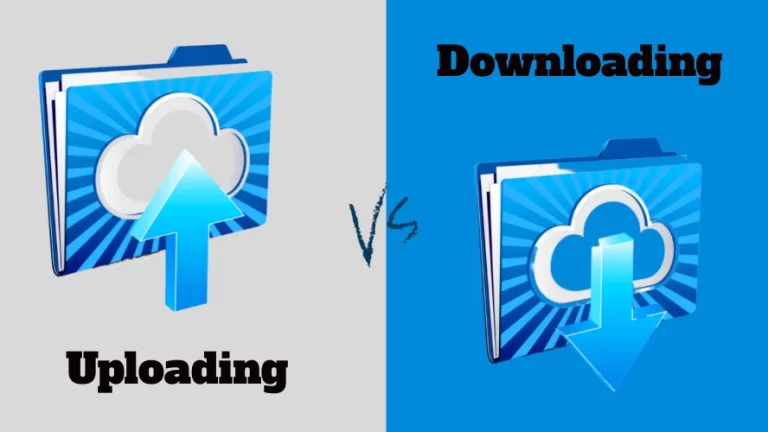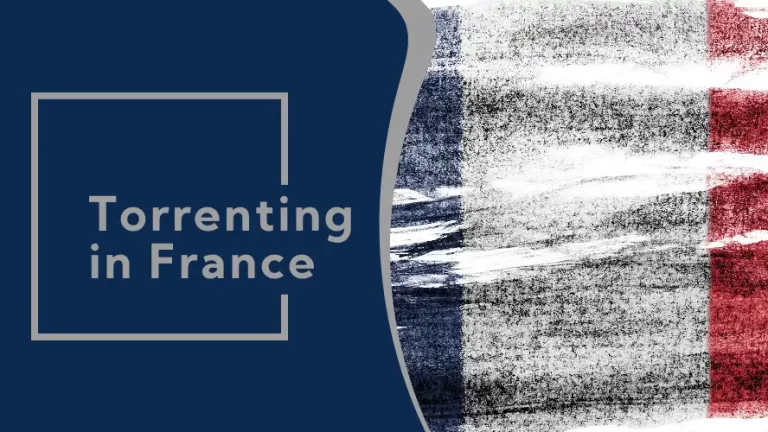The DMCA is the United States copyright law that was implemented to protect copyrighted material from being downloaded, uploaded, or streamed illegally.
It was passed in 1998 to counteract waves of digital and virtual infringement of copyrights. Under this act, a company can issue a takedown notice to corporations like Google. This happens if they can prove that the materials used were a violation of Fair Use policies. They can issue notices to individuals who they feel have illegally obtained copyrighted materials.
ISP’s are actually provided some tolerance under the Safe Harbor Act. Such an act acknowledges that ISPs cannot be held responsible for their client’s upload, download, and stream of protected material.
DMCA Violation Notices Explained
It starts when the ISP receives a formal complaint from a corporation or an individual that a user has violated the DMCA. The ISP must, in turn, send you a notification of the alleged violation. They legally have no alternative but to address the issue with the person who has violated the DMCA. You can be in violation by uploading, downloading, or seeding copyrighted content.
A DMCA notice is not charging you with criminal activity, so you will not receive subpoenas, warrants, or visits by the police. It is your ISP formally notifying you of a complaint that they have received from a company or individual.
A genuine DMCA notice will include:
- The material you have reportedly used illegally
- The name of the company or individual who owns the copyrighted material
- The date and time of the alleged violation
- The IP address you were using when the violation occurred
- The exact section of the DMCA you are accused of violating.
Copyright Act, Title 17, United States Code Section 106(3) is the section most commonly violated. This is the Exclusive Rights of Copyright Works segment and is the catch-all for audio and video copyright infringements.
How to Handle a DMCA Notice
There is no right answer to handling DMCA notices. That’s because each ISP may have different requirements or responses to them.
Some companies will fine you for the violations. In case you got one of these, the first thing to do should be to make sure that the notice is real. There’s a lot of entities out there trying to profit with dirty schemes. Verify that the website you are giving payment to is a legitimate website for payment. A quick phone call to the ISP will clear up these uncertainties.
Other ISP’s will allow a certain number of violations before suspending your access. This is known as the “six strikes“, to acknowledge that you may have unknowingly violated the DMCA. Normally it’s six, but the number of strikes you are allowed depends on your ISP. In this case, you should make sure you protect yourself to avoid more notifications.
Avoiding DMCA Notices
The most common circumstance where users get DMCA notices is after downloading torrent files. Many times, those files contain copyrighted media.
If you want to avoid the risk altogether, your safest option would be to change your IP address. A VPN takes care of that. And if your IP can’t be traced, you can’t be served a violation notice.
Conclusion
You should always be aware of copyright infringement and try to avoid any circumstances that may put you at risk of violating the DMCA.
For those who are not sure of what they are downloading and want to guarantee they don’t end up with a letter from their ISP, the best thing to do is to hide their identities with a VPN.



